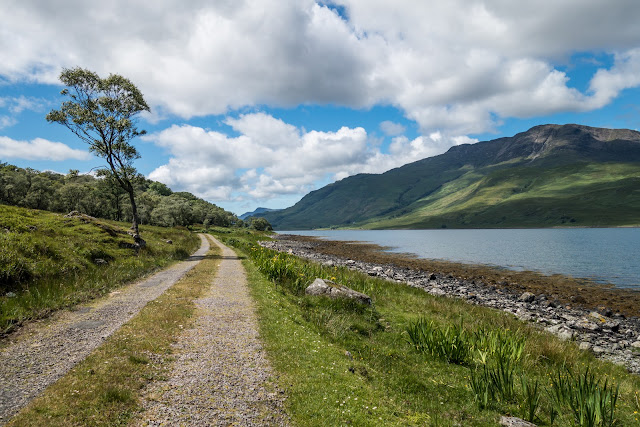Ipswich Town FC reach the Premiership
Ipswich Town having been promoted to the Premier League for the first time twenty-two years, have signs around town proclaiming their success. Here are a couple of the obvious signs - first the rubbish bins - I guess we don`t want visitors being too free with their rubbish!
Although rather a good idea I thought.
Then the mural on the wall of building in town proclaiming loud and clear, and not forgetting the statues outside portman Road.
Sir Alf Ramsey
Sir Alf Ramsey -
When Ramsey originally retired from playing aged 35, he became the manager of Ipswich Town, then in the third tier of English football. Ipswich rose through the divisions over the next six years, winning the Third Division South in 1956–57 and the Second Division in 1960–61. In the 1961–62 season, Ipswich's first-ever campaign in the top division, Ramsey's team defied expectations to become champions of England. Ramsey took charge of the England team a year later. It is for this reason his statue now stands in front of Portman Road Stadium - home of Ipswich Town FC
As a player, he represented the England national team and captained the side. However, he is best known for his time as England manager from 1963 to 1974, which included guiding them to victory in the 1966 FIFA World Cup. Knighted in 1967 in recognition of the World Cup win, Ramsey also managed his country to third place in the 1968 European Championship and the quarter-finals of the 1970 World Cup and the 1972 European Championship. As a player, Ramsey was a defender and a member of England's 1950 World Cup squad.
Kevin Beattie
Thomas Kevin Beattie -
Born into poverty, he played at both professional and international levels, mostly as a centre-half. He spent the majority of his playing career at Ipswich Town, the club with which he won both the FA Cup and the UEFA Cup.
Beattie's playing career took him from rags to rices, but according to The Daily Telegraph he was "cursed by being both injury and accident prone". His playing career included some controversy, notably when he went missing after being selected for England's under-23 team. After retiring from playing he descended into unemployment and alcohol abuse, and contemplated suicide, before finding purpose once more and a new career in later life, as a football commentator on television and radio. Beattie has been called Ipswich Town's best ever player by many pundits and polls. Ipswich (and later England) manager Bobby Robson called him the best England player he had seen.
Bobby Robson
Bobby Robson -
He made 20 appearances playing for the England national team, making his debut in a November 1957 victory against France, scoring twice in a 4–0 victory. Although he made a successful debut, he was dropped for England's next match, against Scotland, in favour of Bobby Charlton. However, Robson was selected for the 1958 FIFA World Cup squad,
Following the World Cup, Robson became an established member of the England squad, enjoying considerable success in a period between October 1960 and March 1961 when he played in six England victories, including scoring a goal in the record 9–3 defeat of Scotland at Wembley Stadium.
Robson moved to Ipswich Town as Manager in 1969 and it was there that he established his reputation as a successful manager.
After four mediocre seasons, Robson led Ipswich to fourth place in the First Division and success in the Texaco Cup in the 1972–73 season. In the following nine seasons, Ipswich finished lower than sixth place in the First Division only once, in the 1977–78 season. However, that season was a success with a 1–0 victory over Arsenal in the FA Cup final.
His reign at Ipswich lasted 13 years, during which time the club twice finished as League runners-up, and made regular appearances in European competitions, winning the UEFA Cup in 1981 with a 5–4 aggregate victory over the Dutch side.
So, there we have it. Ipswich Town FC has had some great managers and players and has honoured some of them with statues as shown. Now, in 2024/5 season what can they do again?









Comments